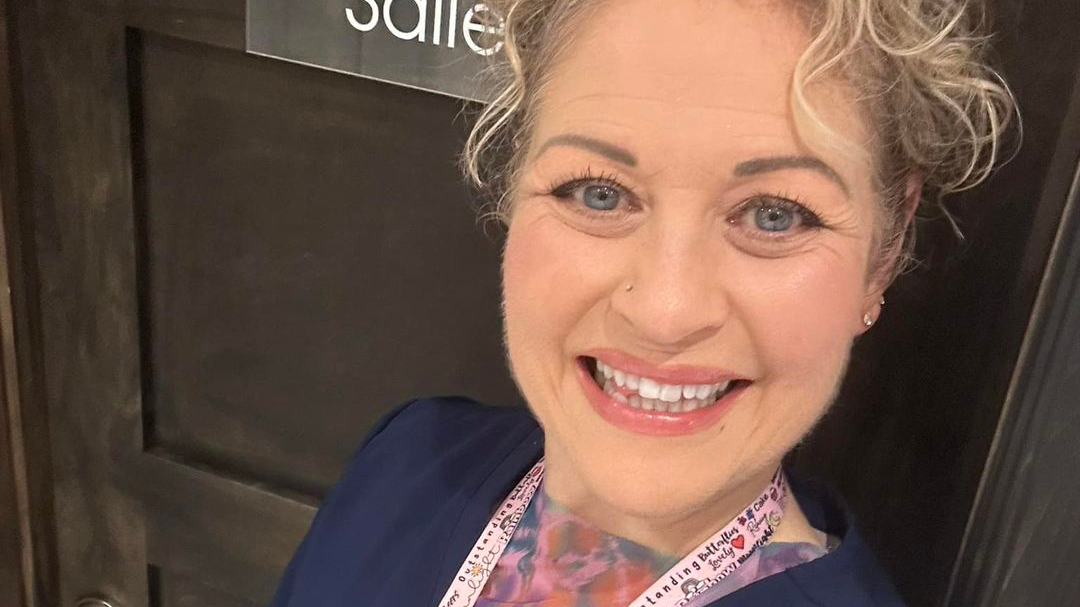Women who suffered debilitating injuries and scientists who conducted clinical research for manufacturers have offered conflicting testimony on the safety of vaginal mesh before an expert panel convened by the United States Food and Drug Administration.
The panel is considering whether three vaginal mesh devices used to treat pelvic organ prolapse, a common women’s health problem, should be allowed to remain on the U.S. market.
The FDA decided in 2016 that vaginal mesh should be considered among the riskiest class of devices after receiving thousands of reports of complications from women – and after companies made payouts of billions of dollars to settle lawsuits over complications and reoperations.
Dr. Jacqueline Cunkelman, an FDA medical officer and obstetrician-gynecologist, told the panel that as of Sept. 30, 2018 the agency has received 11,274 adverse events reports for vaginal mesh to treat certain categories of prolapse. The reports included 77 patient deaths and frequently cited pain, erosion and infection.
“Adverse events associated with these devices are not rare,” Cunkelman said. The adverse event reports that she referred to related to various mesh devices, including the three devices being considered by the panel.
Those devices currently being reviewed are Boston Scientific’s Uphold Lite Vaginal Support System and Xenform Soft Tissue Repair Matrix, and Coloplast’s Restorelle DirectFix. They were initially approved by the FDA under a more lenient pathway to market, known as the 510(k) process, but were later reclassified as high-risk devices that require additional studies to prove their safety and effectiveness.
Pelvic organ prolapse is a condition where organs, like the bladder and uterus, drop or press into the vaginal area. It is a condition that can occur after childbirth. Mesh has been viewed by surgeons as a less invasive, more permanent alternative to traditional surgery for the condition.
Patients testified before the panel on Tuesday that complications from mesh had taken a heavy toll on their health, mobility and sexual function, including inflicting injuries that devastated their personal and emotional lives. “It destroys a woman from the inside out,” said one, Jody Callahan, who described undergoing numerous surgeries to remove fragments of mesh from her body.
Boston Scientific researcher Dr. Ronald Morton said the company’s latest studies told a different story. Ongoing postmarket surveillance studies for the Uphold Lite and Xenform devices showed superior performance to an alternative treatment, native tissue repair, in fixing the anatomical symptoms of prolapse, he said, adding that similar rates of serious adverse events and of patient satisfaction were recorded.
Not all patients who weighed in were opposed to vaginal mesh.
“There is very little attention paid to the success side of this equation,” said Sherrie Palm of the Association for Pelvic Organ Prolapse Support, a support group for women with pelvic organ prolapse, who herself underwent successful treatment with vaginal mesh. “Consider the voices of the silent majority.”
However, vaginal mesh is among a number of devices that have been linked to extensive reports of patient harm. Overall, medical devices have been linked to more than 1.7 million injuries and nearly 83,000 deaths over the last decade, the International Consortium of Investigative Journalists found in its Implant Files investigation into the global medical device industry.
A key question the panel is considering is whether the Uphold Lite, Xenform and Restorelle are different from previous mesh products. Company representatives maintained that because they are lighter weight and have larger pores than predecessors, they should not be judged by poor results in earlier mesh studies. An attorney representing women who say they were harmed by the newer products, Kila Baldwin, told the panel the risk of inflammatory response and mesh retraction or deformation was the same.
FDA officials noted in their testimony that the training and experience level of the surgeon can also affect patient safety.
Once the panel issues its recommendation, the FDA will decide whether to grant Boston Scientific and Coloplast’s applications. If the applications are approved, all three products will remain on the market; if they are denied, mesh for the treatment of prolapse will effectively be banned in the U.S.
Other countries have previously taken action to restrict vaginal mesh, including Australia, where mesh for prolapse has been banned, and the United Kingdom and Ireland, where it has been suspended from use.
Dr. Michael Carome of the advocacy group Public Citizen called the FDA’s handling of mesh – in which it was allowed on the market and only later did regulators act on growing concerns about its safety – a “quintessential example” of what’s wrong with U.S. oversight of medical devices.







